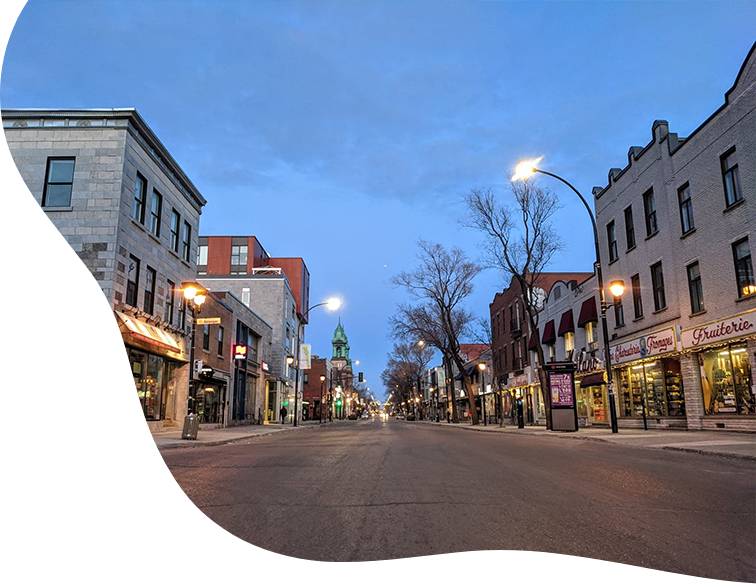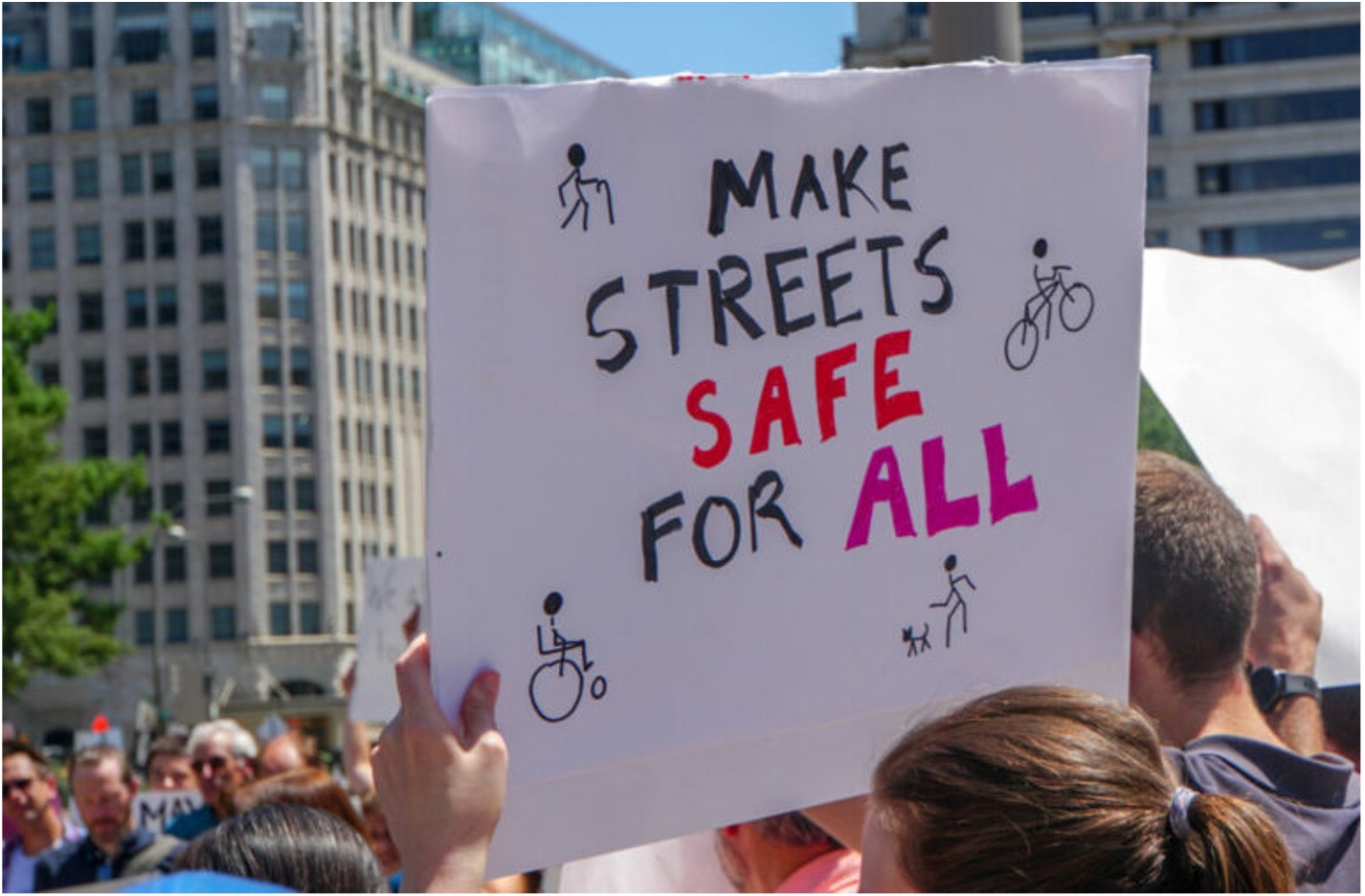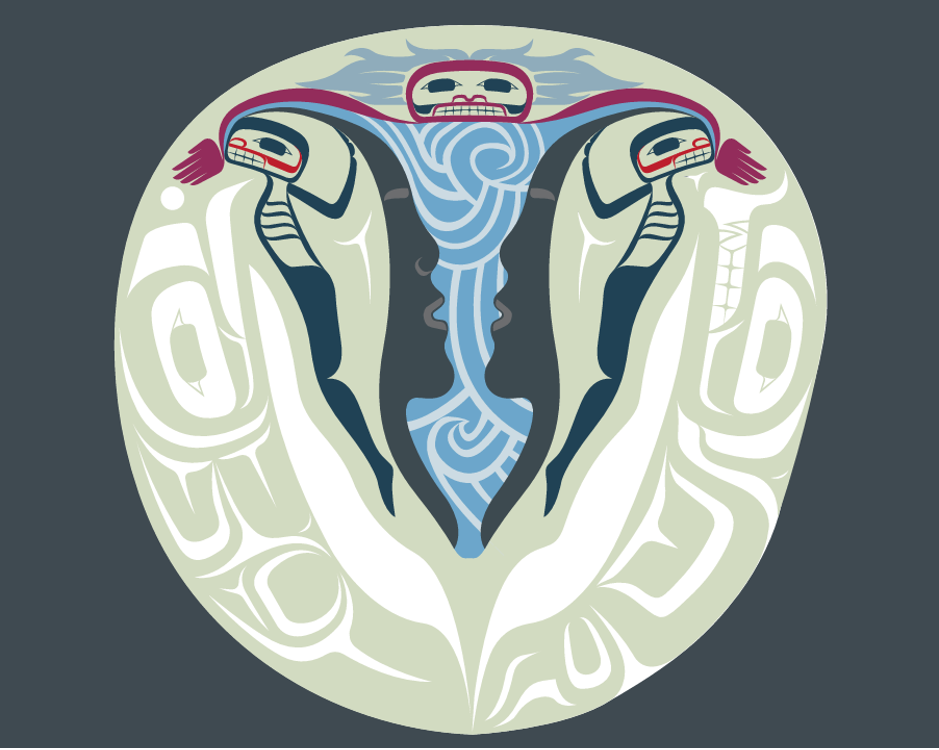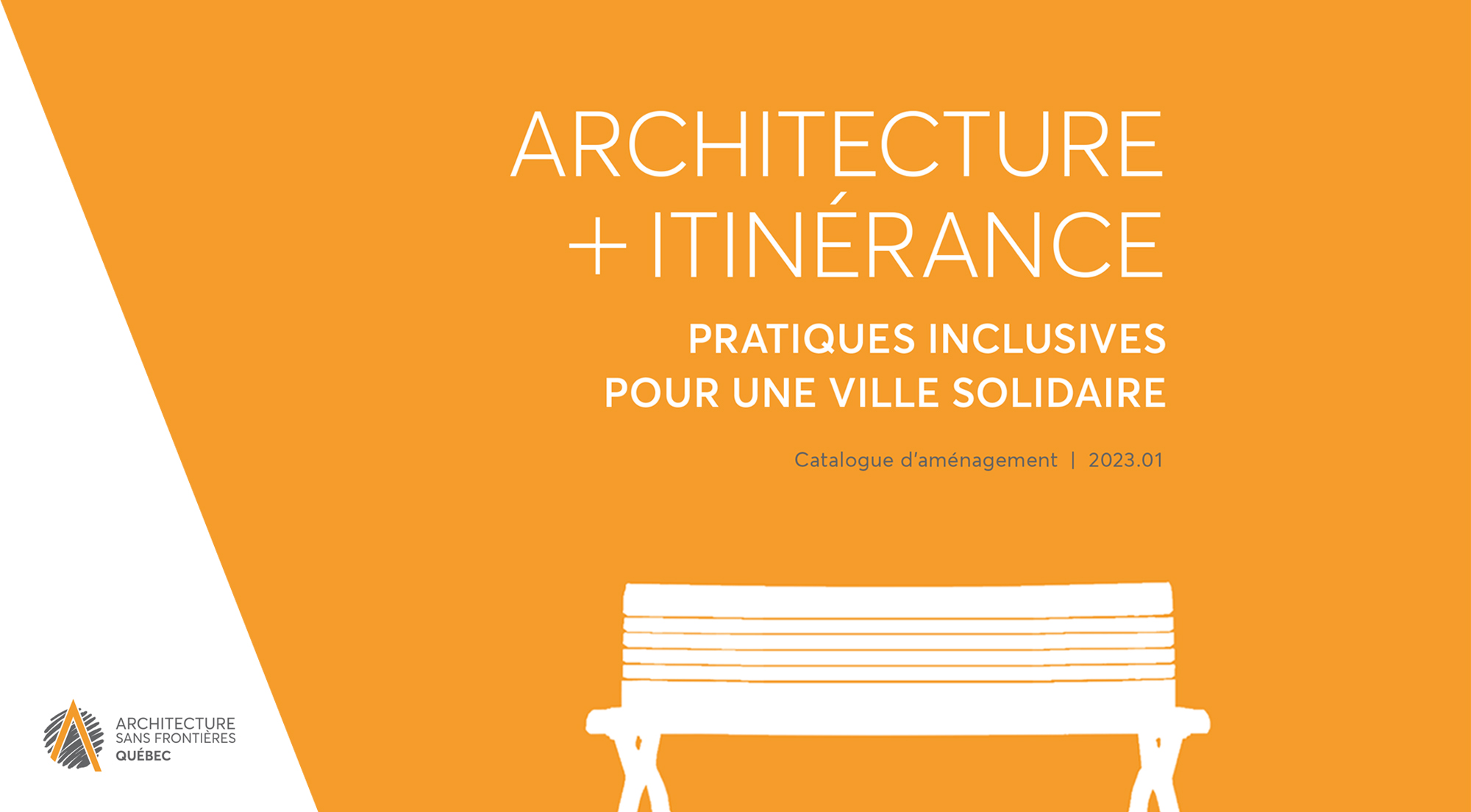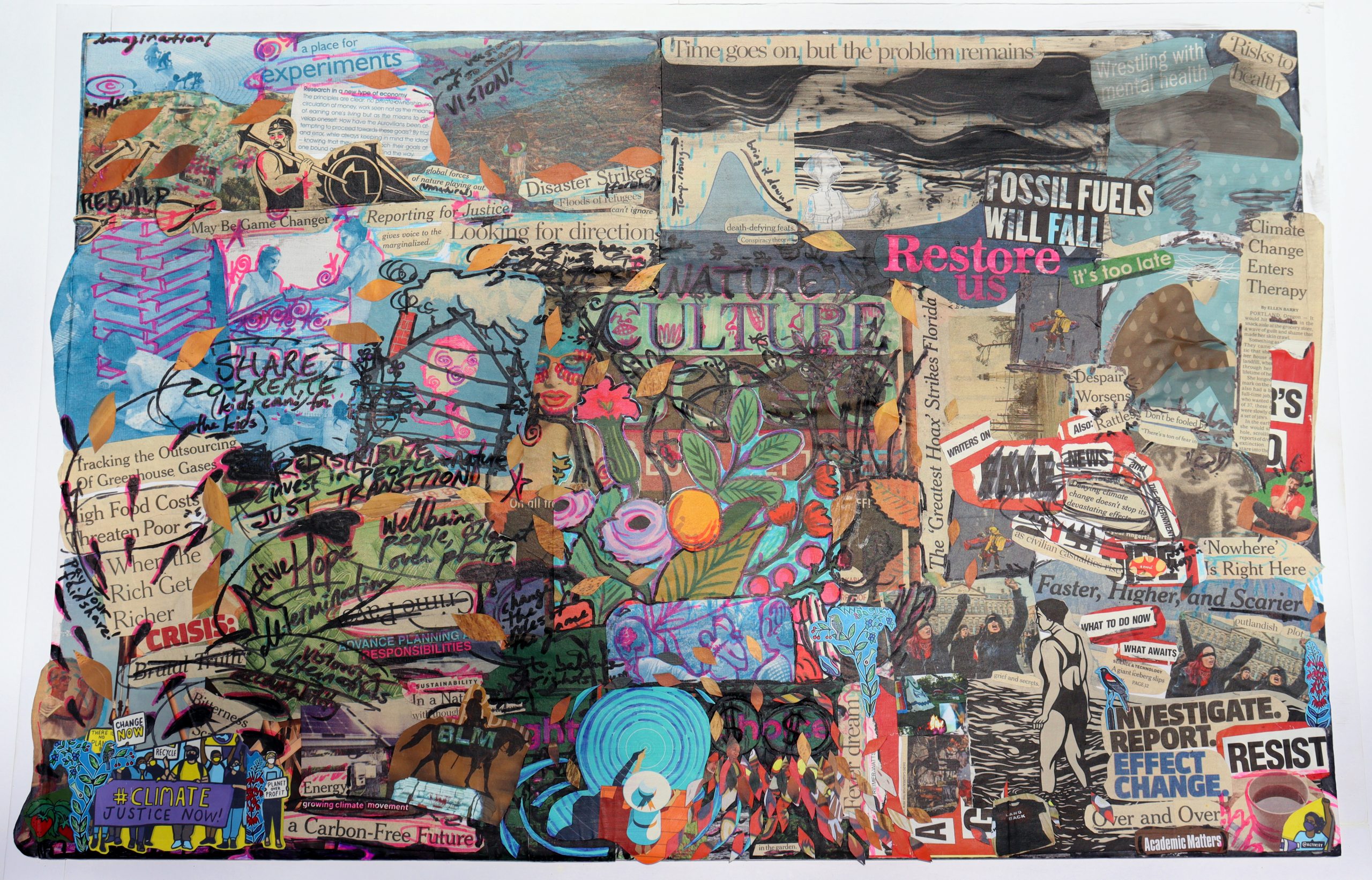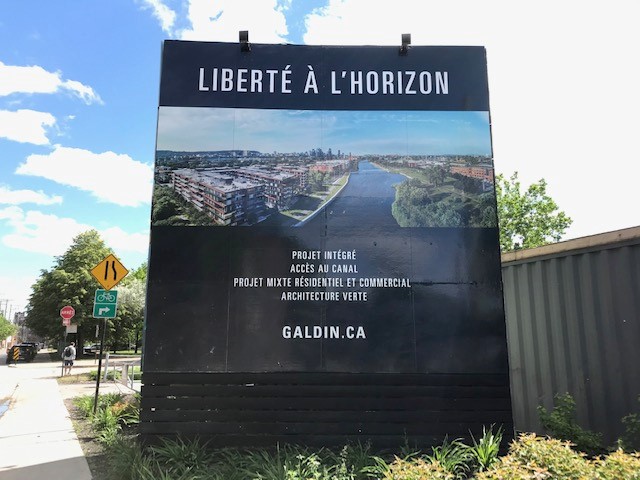Cities, Climate and Inequalities - Fighting climate change in an urban context: Toward a disability inclusive approach
6 May 2024
By Sébastien Jodoin and Naomi Gupta
While existing literature already addresses the consequences of urban climate action for racial and socio-economic inequalities, its intersections with inclusion and equality for people with disabilities have received little attention from researchers. This lack of knowledge is problematic in light of emerging evidence that climate mitigation and adaptation efforts have the potential to dismantle and reinforce the social, economic and physical barriers faced by people with disabilities.
Cities, Climat and Inequalities - Presence & power: The illusion of Indigenous inclusion in climate adaptation plans in Canada
3 May 2024
Par Janna Wale
Over the past several years, there has been an increasing recognition of the importance of including Indigenous knowledge in both responding and adapting to climate change. Canada’s first National Adaptation Strategy (NAS) and associated Action Plan (NAP), released in draft in 2022, presented a landmark opportunity for Indigenous people to both meaningfully contribute and lead climate action and adaptation. However, many aspects of Indigenous inclusion and representation in the development of the NAS and NAP fell short. This research considers the involvement (or lack thereof) of Indigenous peoples in adaptation planning and decision-making in Canada.
Cities, Climate and Inequalities - Architecture + Homelessness: Inclusive practices for urban solidarity
30 April 2024
By Carolyne Grimard, Sonia Blank, Sarahlou Wagner Lapierre, Elizabeth Prince and Véronic Lapalme
The COVID-19 pandemic, combined with the housing, migration and climate crises, has increased inequalities and exacerbated homelessness in urban areas. How can we engage architecture to transform our cities in solidarity with people experiencing or at risk of homelessness? Research carried out by the team of Architecture Sans Frontières Québec (ASFQ) and the Université de Montréal has identified planning gestures aimed at reversing the dynamics of exclusion, reconsidering perceptions of home and adapting design to the realities of life in public space.
Cities, Climate and Inequalities- Key considerations for addressing the equity deficit in municipal climate action
15 April 2024
By Jennifer Dobai et Manuel Riemer
Increasingly, municipalities are taking actions to address global climate change at a local level. Yet, some of these actions generate unintended consequences for marginalized communities, resulting in an equity-deficit. In this summary, the authors first review a study that explored the perspectives of key municipal sustainability actors on this equity-deficit in municipal climate action. While there was a general awareness of this issue, the participants highlighted several key structural barriers in addressing it. Building on this finding, the authors then review a second connected study from the same municipal area that investigated how a needed transformation may be initiated by shifting mental models of municipal leaders.
Cities, Climate and Inequalities - Access to green spaces: A source of environmental inequalities? The case of Saint-Henri in Montreal
1 April 2024
By Étienne Tardif-Paradis
In recent years, the Montreal metropolis has stepped up the implementation of greening projects in line with an ideal of sustainable urban development and environmental justice. The Saint-Henri district is an emblematic case in point, with its high density of green spaces. However, the proliferation of public interventions to green urban spaces is taking place in a living environment characterized by specific socio-economic realities and needs, and marked by a process of gentrification. Here, the authorities’ desire to respond to certain socio-environmental inequalities by improving access to green spaces is having paradoxical consequences.
Cities, Climate and Inequalities - Adaptation measures by Quebec municipalities: Progress and determinants according to deprivation level
27 March 2024
By Johann Jacob and Pierre Valois
With many climate risks concentrated in urban areas, adaptation to climate change is an issue that cities and municipalities can no longer ignore. A better understanding of the potential effects of adaptation actions, particularly the less desirable ones, has become a necessity. From a just transition perspective, it is essential to develop the capacity to measure and assess the progress made by municipalities in adaptation, as well as to strengthen their ability to take account of the specific vulnerabilities of certain groups.
